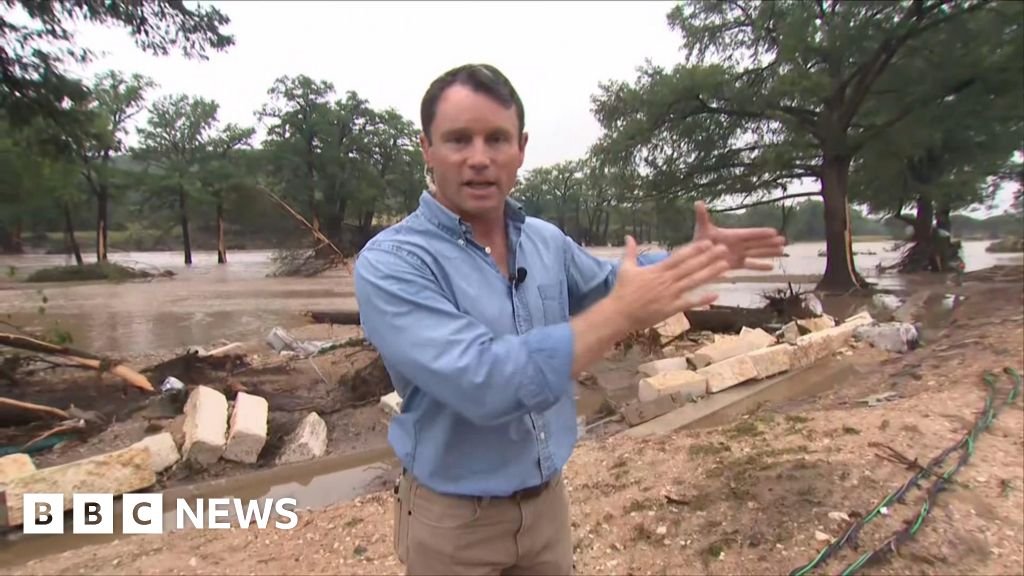STORY HIGHLIGHTS
- Water-smart innovations are helping communities to adapt to climate change.
- Multipurpose ponds, small-scale irrigation systems, and piped spring water are transforming both agriculture and daily life.
- Women and girls are benefiting from time saved, safety gained, and access restored.
In Terhonge Kebele of Nor Woreda, mornings used to begin with a burden. Before the sun even rose, women and girls set out on six-kilometer journeys to fetch water. Carrying jerry cans on their backs, they navigated dangerous terrain with little protection—risking injury, assault, and exposure to wild animals.
But over the past four years, that routine has changed. Through support from the Food System Resilience Program (FSRP), a national initiative backed by the World Bank, the people of Terhonge came together to construct a community pond. By hand.
That effort produced more than a water source. The 10,500-cubic-meter pond now supports a network of uses that benefit everyone in the village. Fruit trees and vegetables grow year-round from the irrigation of 96 hectares of land. A community-managed poultry and fish-farming system uses the pond water and recycled waste in a circular system—chicken droppings fertilize fishponds, and pond residue feeds back into chicken coops. It’s a model of sustainability, right at the local level.
But the biggest change may be the one not visible on a map. The walk for water—long, dangerous, and limiting—has all but disappeared. Girls now spend that time in school. Women invest it in farming, in family, in rest. “We’ve gained more than water,” one woman shared.
Terhonge’s story didn’t end with one pond. There are now 58 ponds in Nor Woreda—3 of them in Terhonge alone—and they’ve become examples for neighboring kebeles.
Getu Kora, FSRP’s Program Coordinator, recalls a powerful moment: “Seeing the benefits of the pond, farmers in one of the kebeles raised ETB 180,000 (~$1,423) in a single day and requested assistance to dig a pond in their own community.”
Terhonge has become a practical learning center, where farmers from nearby villages come to see how the pond works, learn from those using it, and return home with new ideas. The project’s design is intentional: targeting women and youth with job opportunities, training, and leadership roles. This isn’t just water, it’s empowerment.
These success stories are the result of an intentional, inclusive strategy. Under FSRP, communities identify their own needs, co-design solutions, and maintain the infrastructure. The approach builds both physical and institutional resilience.
In Ferejat Kebele, the model takes another form. A farmer named Fereja Hussien and his association irrigate land near a river using a diesel-powered pump. With improved potato seed, and access to market through nearby Worabe University, the association earned ETB 36,000 from one harvest. They reinvested part of their profits into group savings, strengthening their plots, their partnerships, and their financial literacy.
Irrigation farming is transforming our lives. The vegetables we grow feed my family well. My children now enjoy a variety of fruits and vegetables. We sell the surplus, and the last batch of carrots fetched a great price.
Fereja Hussien
Farmer, started his own backyard garden, powered by a solar irrigation pump.
With the income, Fereja has opened a small shop for his wife, selling basic goods to neighbors. Other members of the association have renovated their homes, and the community is now looking ahead.
The Terhonge story is echoed in other corners of Ethiopia. In Sidama Region’s Toga Kebele the community of Chanco has embraced a gravity-fed water distribution system. It sources water from a highland spring, directing it through a 1.12-kilometer pipeline to a central 25,000-liter tank. From there, water flows to farm plots and drinking water reaches 110 households, bringing irrigation and dignity.
“It used to take half a day to carry water up the hill,” one Chanco resident said. “Now, the tap is right at our doorsteps.”
All these efforts are making a difference for people, building resilience of communities and families as Ethiopia continues to confront climate shocks, population growth, and shifting rain patterns.
Written by Hayalsew Yilma, Senior Irrigation Specialist, World Bank



